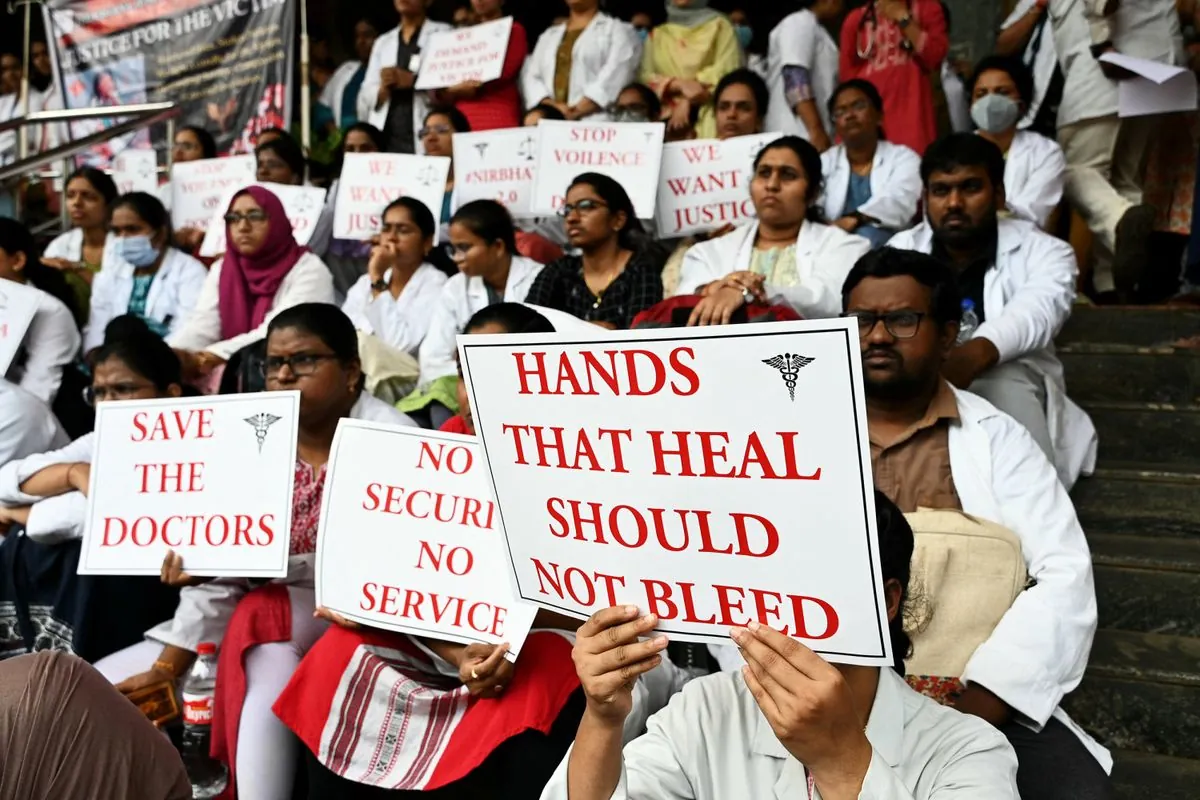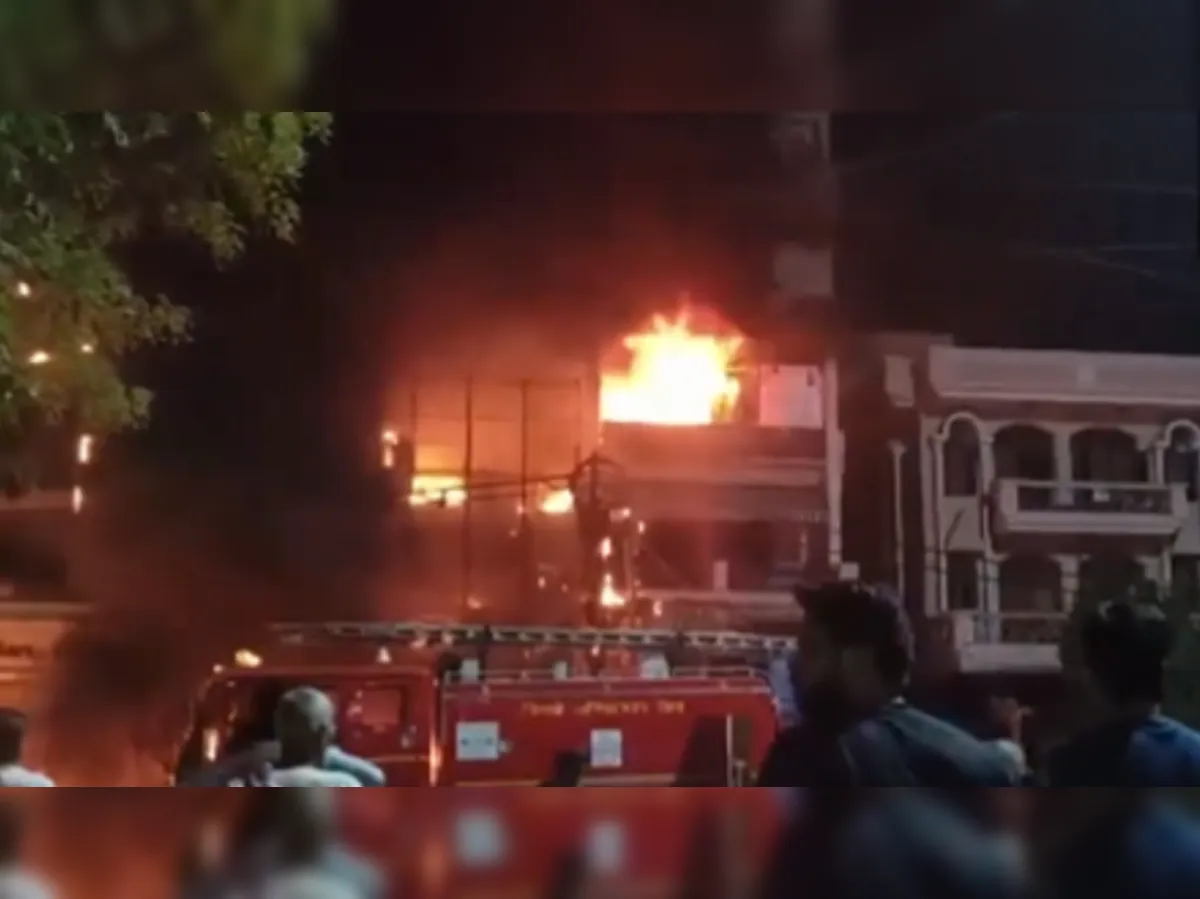West Bengal Doctors Resume Essential Services Amid Ongoing Strike
Junior doctors in West Bengal partially resume duties while continuing protests over colleague's murder. Demands for improved workplace safety and justice persist amidst broader concerns of violence against women.

In a significant development, junior doctors in West Bengal have agreed to partially resume their duties, focusing on essential services, while maintaining their strike over the tragic incident involving a colleague. This decision comes in response to the flood situation affecting parts of the state, highlighting the complex balance between professional responsibilities and advocacy for change.
The strike, which began following the rape and murder of a 31-year-old female doctor in August 2024, has brought attention to the critical issue of workplace safety for women in the medical field. The West Bengal Junior Doctors' Front, representing approximately 7,000 physicians, announced their decision to resume essential duties from September 21, 2024.
Aniket Mahato, a spokesperson for the organization, stated:
"The movement for 'justice' will continue in each state-run hospital but we have decided to resume essential services in hospitals due to the flood situation in parts of the state."
The doctors' demands include enhanced security measures such as increased CCTV coverage, deployment of female security personnel, improved lighting, and adequate facilities for rest and personal needs. These requests reflect the broader concerns about safety in healthcare institutions across India.
In response to the incident, authorities have taken several actions. A police volunteer has been arrested in connection with the doctor's death at the R.G. Kar Medical College and Hospital in Kolkata. Additionally, the former principal of the college faces charges of evidence tampering and corruption, while the police chief of Kolkata has been replaced.
This case has reignited discussions about the persistent issue of sexual violence against women in India. Despite the introduction of stricter laws following the infamous 2012 Delhi gang rape case, activists argue that the recent incident in Kolkata demonstrates the ongoing challenges in ensuring women's safety.

The medical community's response to this tragedy highlights the critical need for systemic changes in workplace safety, particularly for women in the healthcare sector. The creation of a hospital safety task force by India's Supreme Court underscores the national significance of this issue.
As the strike continues, the partial resumption of essential services reflects the doctors' commitment to patient care while advocating for their rights and safety. This balancing act between professional duty and activism exemplifies the complex challenges faced by healthcare workers in India today.
The ongoing situation in West Bengal serves as a stark reminder of the work that remains to be done in addressing violence against women and ensuring safe working environments across all sectors of Indian society. As the medical community and authorities work towards resolution, the eyes of the nation remain fixed on the developments in Kolkata, hoping for positive change and justice for the victims of such heinous crimes.


































